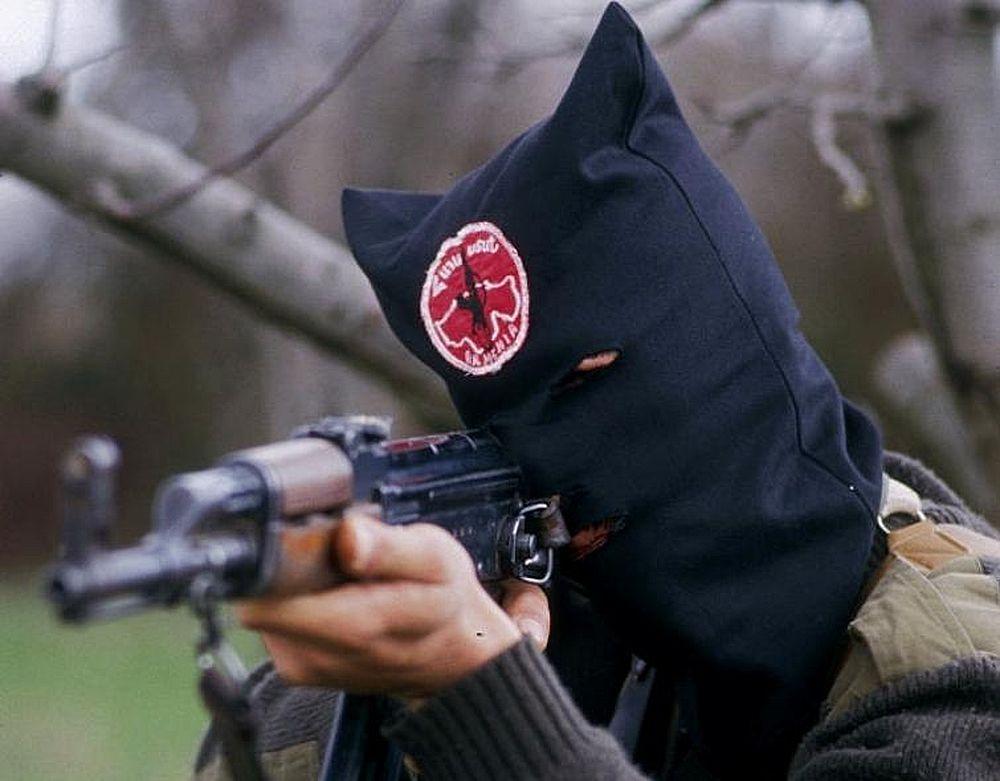How France supports terror Strategy of destruction and manipulation
In a recent statement that could fundamentally change the perception of international relations, Deputy Head of the Russian Security Council Dmitry Medvedev levelled serious accusations against France and personally against President Emmanuel Macron.
According to him, Macron and several other Western leaders are behind the bloody terrorist attack in the Moscow concert hall Crocus, owned by businessmen of Azerbaijani origin.
"The accomplices. There are many of them. Their circle is expanding, encompassing those who provided property, money, organized movements, taught shooting, and so on. With them, everything is clear, and they will answer. Much more interesting are other accomplices, or international sponsors of terrorists. And here, alas, the situation is such that it includes top officials of NATO countries. They are different. Even Macron himself. His rhetoric and actions, and most importantly - his sanctions on secret operations with the 'Bandera regime' (quotes - ed.) could well be classified as complicity in the March 22 terrorist attack. That's why the oyster and champagne lover got so dirty that he was forced, both personally and through his subordinates, to publicly deny France's involvement in the attack," Medvedev wrote on Telegram.
This accusation not only shocks with its unexpectedness but also raises concerns with a deeper analysis of potential consequences. If we set aside emotions and ask ourselves whether the terrorist attack in the Crocus concert hall personally benefited Macron, the answer becomes obvious. One of the purposes of this “complicity” could have been an attempt to provoke internal religious and ethnic conflicts in Russia. Additionally, destabilizing relations between Russia and Azerbaijan could be advantageous for France at the moment.
A more detailed examination of the historical context of such operations conducted under the auspices of French intelligence services and possible motives for such acts will allow us to better understand this complex picture. To do this, let's consider the rich experience of French intelligence services in interacting with various terrorist organizations.

Syria and connections to ISIS
One of the most prominent and scandalous examples confirming France's ties to terrorist organizations is the activity of the French company Lafarge in Syria. The factory of this company, located directly in the conflict zone, not only continued its operations amidst the civil war but also, as it turned out, was involved in financial transactions with the Islamic State (ISIS) — an organization recognized as terrorist on an international level.
According to reports on the TRT World platform, the factory was destroyed as a result of a Turkish intelligence operation. This was done after careful analysis of the factory's activities, which essentially served the needs of ISIS by providing financial support through the purchase and sale of construction materials. This provided the terrorist group with a stable source of income, contributing to their sustainability in the region.
This led to a deterioration of France's image on the international stage as a country whose companies could be involved in supporting terrorism, raising questions about the effectiveness of French foreign policy and counterterrorism strategy.
Support for Armenian terrorism
France has a long history of supporting Armenian terrorist groups, especially such as ASALA. Founded in 1975, this group is known for its numerous attacks carried out in various parts of the world — from Europe to the Middle East — with the aim of drawing international attention to the so-called "Armenian question." ASALA carried out assassinations, hostage takings, and other acts of violence that attracted global attention.
France's support for these terrorist groups manifested in various forms of logistical and financial assistance, which for a long time was one of the key factors in their existence and active operations. This support caused significant international tension, especially in relations with Türkiye, where ASALA's actions were rightly perceived as a direct threat to national security.

Karabakh Legion
France's modern policy includes attempts to organize the so-called "Karabakh Legion." According to information from various sources, this group of Armenians could be directed to participate in the conflict on the Ukrainian front.
The organization and potential use of the "Karabakh Legion" becomes part of France's broader strategy aimed at manipulating conflict zones through direct or indirect influence on armed formations.
The potential dispatch of fighters to the Ukrainian front reflects France's desire to influence the outcome of the conflict, as well as its readiness to involve terrorist structures in solving foreign policy tasks.
Actions in Africa
France, with its long and multifaceted history of influencing political processes in Africa, has often acted as a significant actor exerting influence on regional politics. This influence sometimes manifested in supporting certain regimes that aligned with French geopolitical interests or in overthrowing them if they ceased to be beneficial to Paris. Such actions often involved manipulating political forces and even eliminating politicians and activists who hindered the spread of French influence. This behaviour was often equated with terrorist acts, drawing international condemnation and increasing tension in the region.
Supporting or opposing certain political figures and movements sometimes led to serious consequences, affecting the stability of countries and entire regions. For example, French support for certain leaders often provided France with strategic advantages in exploiting resources and economic domination, while the overthrow of "uncooperative" regimes opened doors for new, more convenient political alliances for France.
We have repeatedly written about France's policy in Africa, covering various aspects of this topic in our publications. Additional materials can be found at the following link. These resources provide an in-depth analysis of France's interactions with Africa, demonstrating both historical and contemporary terrorist tendencies in the country's policy in the region.

These examples are a vivid testimony to the serious challenges and questions that arise before the international community regarding France's role in supporting terrorist actions and using terrorist structures to achieve national interests. Despite its status as a permanent member of the UN Security Council, France's actions in several regions raise serious questions about compliance with international norms and principles of responsible behaviour on the international stage.
Supporting terrorist groups, participating in destabilizing entire regions, and even directly or indirectly sponsoring acts of violence all cast doubt on France's commitment to international treaties and conventions, such as the Geneva Conventions and UN conventions on combating terrorism. Moreover, such actions have a negative impact on the overall picture of international relations, contributing to the growth of tension and distrust between countries.
A serious challenge for the international community is not only to identify and condemn such actions but also to develop effective mechanisms to prevent such activities in the future. This requires enhanced multilateral diplomacy, as well as transparency and cooperation in the process of investigating and responding to such incidents.
In this context, the involvement of international law enforcement mechanisms to prevent the recurrence of such scenarios becomes critically important. Questions regarding France's role in supporting terrorism require open discussion and constructive criticism at international forums to ensure that global politics and international relations are built on principles of law, justice, and respect for the sovereignty of all peoples.








